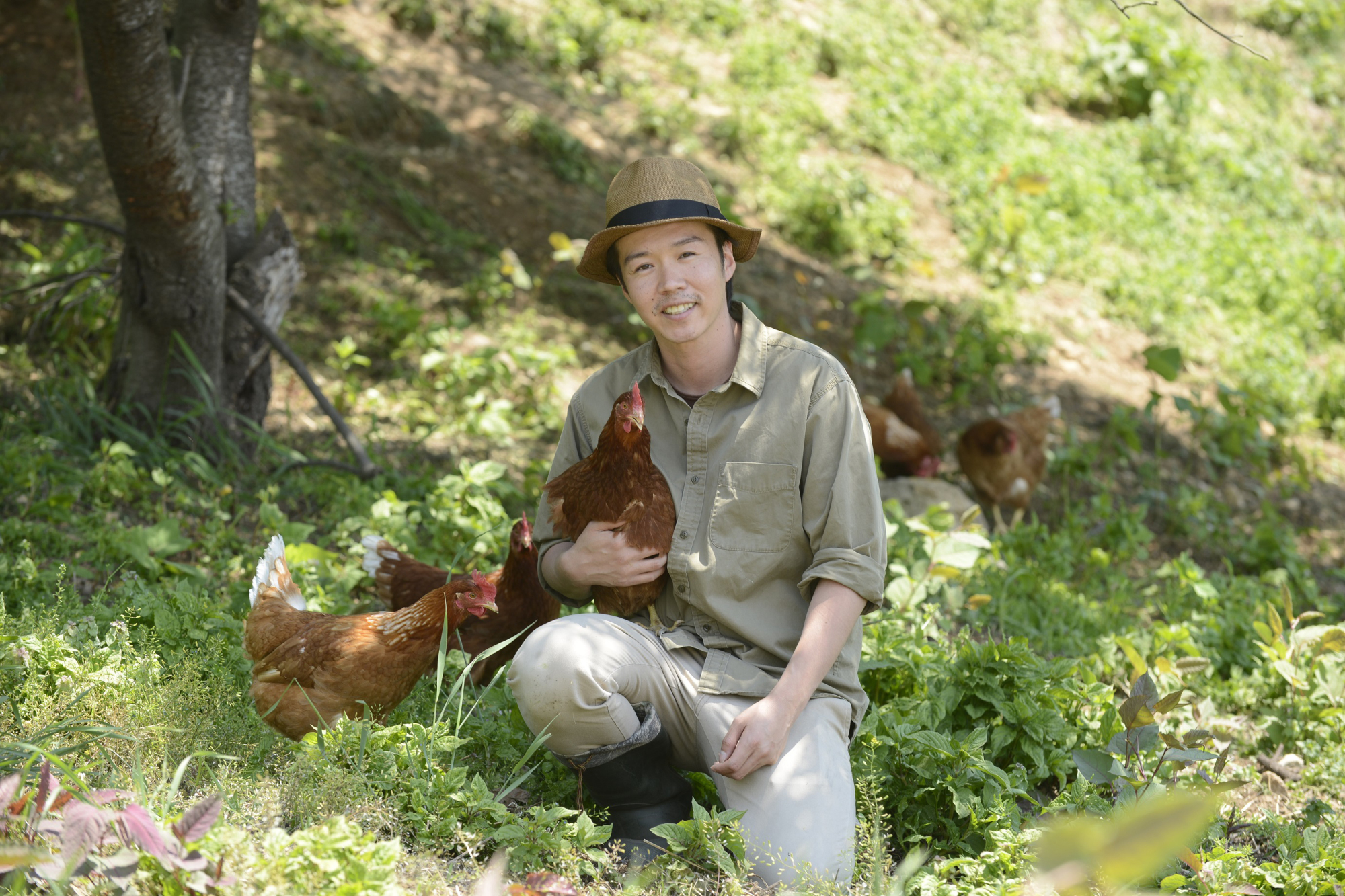Japan seems to love beribboned miniature dogs and panda cubs, but in a country where cartoon images of happy cows are used to promote yakiniku barbecue restaurants, farm animal welfare doesn't receive much attention. The majority of Japan's prized wagyu beef, for example, is produced from cattle confined indoors their whole lives to limit movement and muscle development — an unnatural lifestyle for a grazing animal.
Hiragai (平飼い), or free-range husbandry, where the animals can move around freely outdoors for at least part of the day, is still a somewhat foreign concept in Japan. While critics call for more stringent animal welfare laws, a lack of interest and demand from the public for free-range food in general has contributed to the current status quo.
Patinastella, an upmarket restaurant in Shibuya, is making efforts to use some free-range items but, according to executive chef Hitoshi Sugiura, it is doubtful that customers have an appreciation for this particular issue. "For example, there's this image of chicken being both tasty and cheap in Japan. Currently, I don't think people would really understand the value of ingredients being more expensive based on the fact they are free-range," says Sugiura.



















With your current subscription plan you can comment on stories. However, before writing your first comment, please create a display name in the Profile section of your subscriber account page.